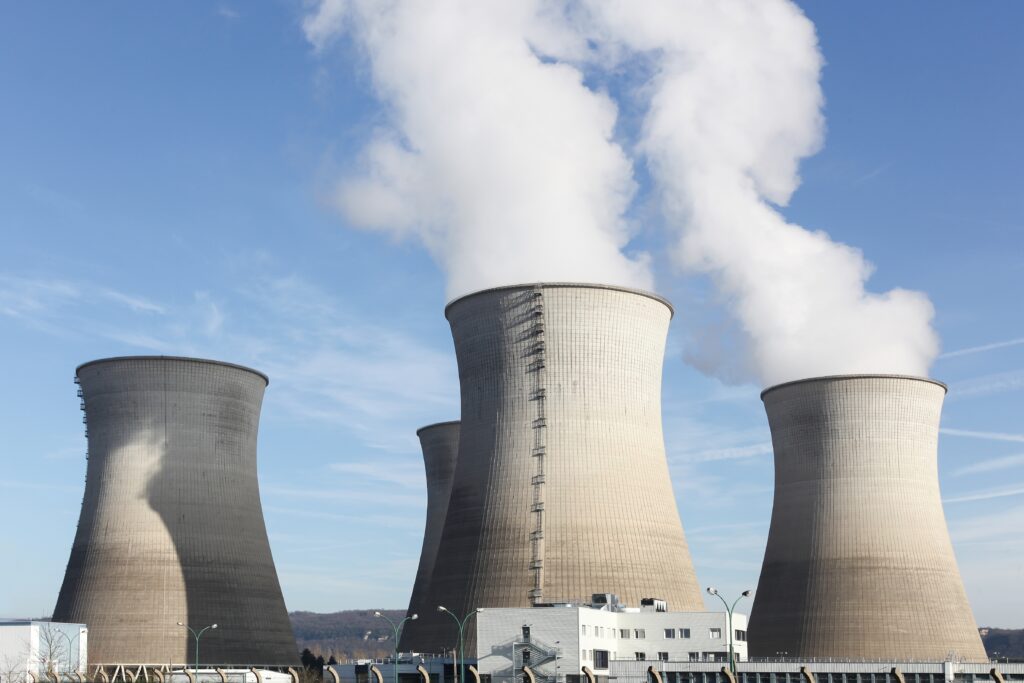Russia’s war in Ukraine has heightened fears of a nuclear disaster, with the Zaporizhzhia nuclear power plant frequently caught in the crossfire. As Russian attacks on Ukraine’s energy infrastructure continue, concerns over nuclear safety have escalated.
The head of the International Atomic Energy Agency (IAEA), Rafael Grossi, announced that he will travel to Moscow in the coming days to discuss the situation with Russian officials.
“I have, from the very beginning of this war, insisted on maintaining open channels of communication with both Kyiv and Moscow,” Grossi told reporters. He has met Russian President Vladimir Putin, Foreign Minister Sergey Lavrov, and Rosatom officials multiple times, emphasizing that dialogue is crucial to preventing a crisis.
Grossi acknowledged that there have been several close calls at the Zaporizhzhia plant, which remains under Russian occupation. He refrained from blaming either side for the attacks, citing the plant’s location near the front lines, which makes determining responsibility difficult.
Russia’s strikes on Ukraine’s power infrastructure have further exacerbated nuclear safety concerns. More than half of Ukraine’s electricity comes from its three operational nuclear plants, and continued Russian assaults threaten their ability to function safely.
On Tuesday, Grossi visited an electrical substation in the Kyiv region, noting that damage to key power grid facilities endangers nuclear safety by disrupting cooling systems at atomic plants.
During their meeting, Ukrainian President Volodymyr Zelenskyy urged Grossi to take action, stating, “You have seen the devastation caused by Russian missile attacks on our energy system. There should never be strikes on a nuclear power plant.” Zelenskyy also revealed that two Ukrainian engineers from the Zaporizhzhia plant had been detained by Russian forces, allegedly for having pro-Ukrainian content on their phones.
Russia has repeatedly targeted Ukraine’s power grid, aiming to cripple essential services, including heating, electricity, and water supply. These attacks also seek to disrupt Ukraine’s defense manufacturing sector.
Although the six reactors at Zaporizhzhia have been shut down for months, they still require electricity and trained personnel to maintain cooling systems and ensure safety. Russia’s targeting of substations poses a serious risk—when external power sources fail, emergency diesel generators become the last line of defense against a nuclear catastrophe.
Grossi’s visit to Moscow underscores the urgent need for nuclear safety measures as the war continues to pose unprecedented risks to Ukraine and beyond.


